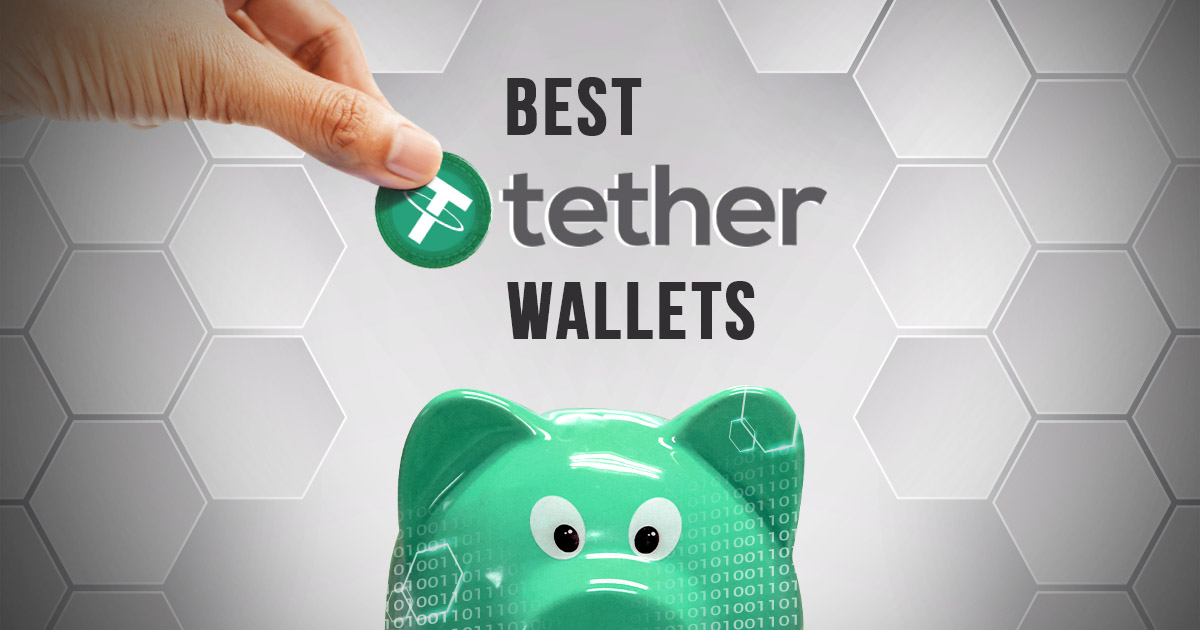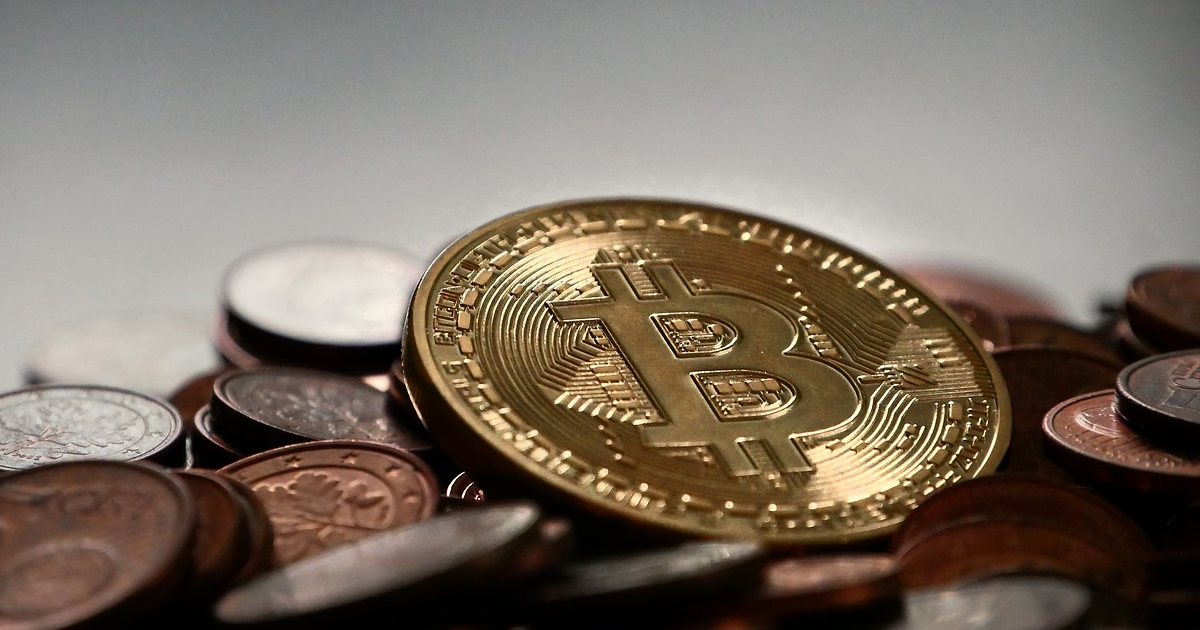Do not know where to store your beloved Tether (USDT)? Here are six of the best cryptocurrency wallets where you should put your stablecoins.
Tether (USDT) continues to grow as an attractive alternative to many traders for transacting with cryptocurrencies.
At the start of 2019, the so-called king of stablecoins was among the top digital coins in terms of daily volume transacted.
Unlike most cryptos, the price of stablecoins like Tether is stable as it is tied into the value of a fiat currency. This important feature explains why a great number of crypto holders in a highly volatile crypto market would prefer to deal using Tether—whether the USDT is on the Omni Layer protocol or is the Ethereum-based one.
Before purchasing one, potential Tether holders must first choose a trustworthy crypto wallet where they can store their valuable USDT tokens for safekeeping. Below are the six best Tether wallets for each of the two USDT types:
#1 MyEtherWallet
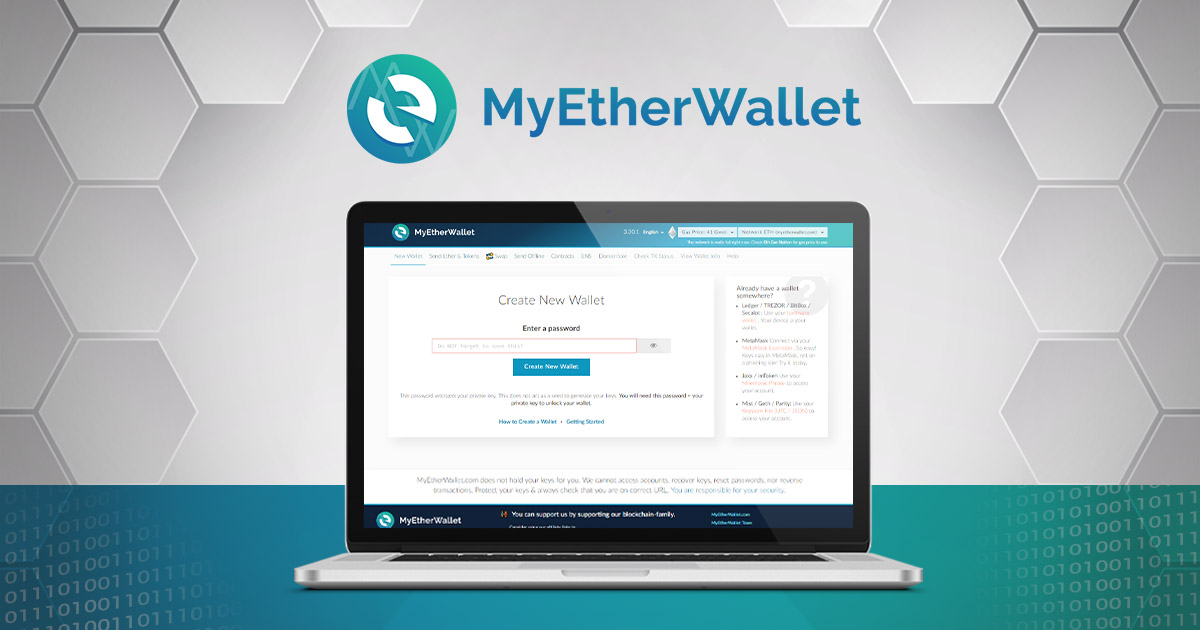 Starting the list is the open-sourced MyEtherWallet. Not necessarily a crypto wallet itself, MEW—through its web application—allows users to create their own wallet addresses and private keys on the Ethereum blockchain for free.
Starting the list is the open-sourced MyEtherWallet. Not necessarily a crypto wallet itself, MEW—through its web application—allows users to create their own wallet addresses and private keys on the Ethereum blockchain for free.
With the necessary details like wallet password in their hands, USDT holders are those truly in control of their own funds. However, this would mean that the responsibility to keep the cryptos safe also falls upon token owners.
Apart from the ERC-20 version of Tether, MyEtherWallet provides support for Ether (ETH) and other Ethereum-based digital tokens.
| Related: Tether (USDT) Still King of Stablecoins, but for How Long?
#2 OmniWallet
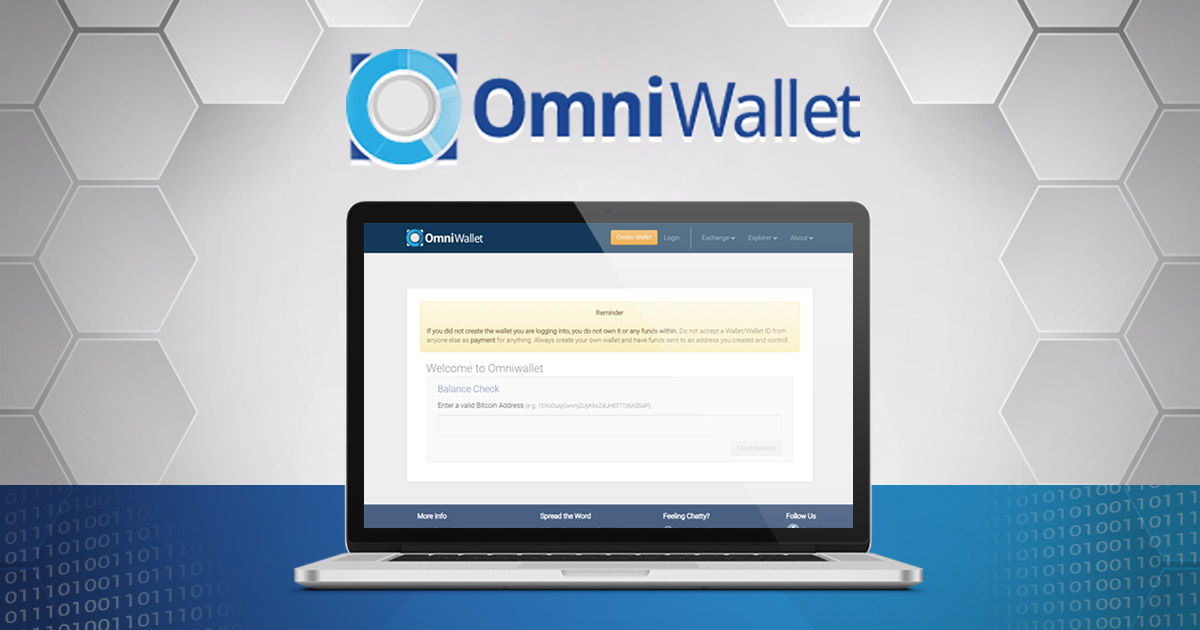 Following MEW is yet another web-based, open-sourced app called OmniWallet. Similar to MyEtherWallet, OmniWallet does not keep the private keys of its users.
Following MEW is yet another web-based, open-sourced app called OmniWallet. Similar to MyEtherWallet, OmniWallet does not keep the private keys of its users.
Token holders can opt to improve the security of their coins through Multifactor Authentication (MFA) available on OmniWallet accounts. Different MFA apps like Google Authenticator or Authy can be put in place before a user can log in to his own OmniWallet account.
Unlike MEW, OmniWallet supports Bitcoin (BTC) and other Omni Layer-based tokens—one of which includes Tether.
#3 Coinomi
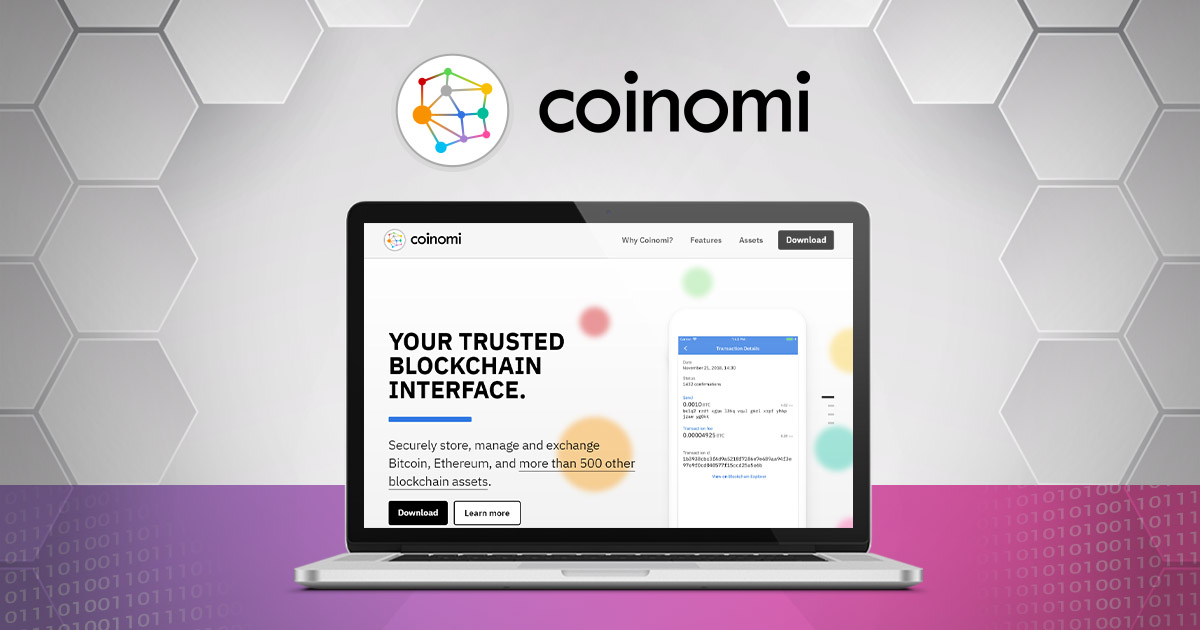 Founded in 2014, Coinomi is the crypto wallet loved by most smartphone-owning USDT holders.
Founded in 2014, Coinomi is the crypto wallet loved by most smartphone-owning USDT holders.
This user-friendly wallet employs a number of effective security measures to protect the funds of its clients. Some of these measures include “strong wallet encryption and cryptography guarantee,” as well as the hiding of the user’s IP address from public view.
First launched as a mobile-only wallet, Coinomi is now also available for desktop PC users. That means holders of more than 380 digital tokens—including both ERC-20 and Omni Layer types of Tether—can transact either on the go or at the comfort of their home.
#4 Ledger Nano S
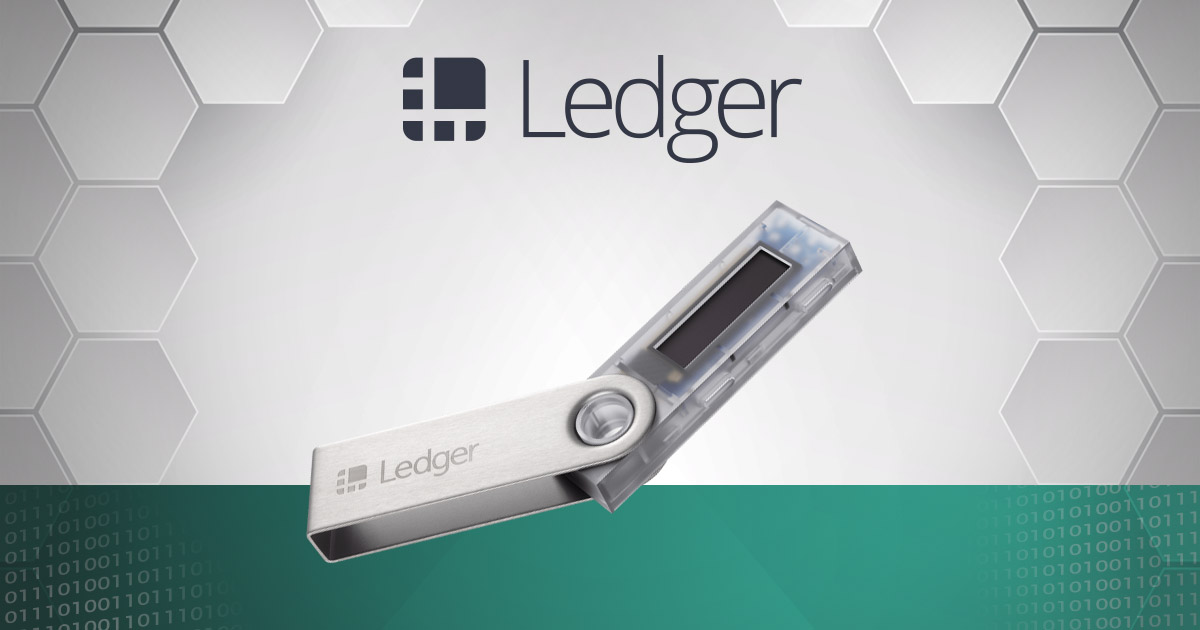 While the previous three wallets use a number of measures to prevent stealing, there is still room for vulnerability. However, there is virtually no chance an online hacker can take cryptos stored in a hardware wallet.
While the previous three wallets use a number of measures to prevent stealing, there is still room for vulnerability. However, there is virtually no chance an online hacker can take cryptos stored in a hardware wallet.
Luckily for USDT holders, two of the biggest and well-respected offline crypto wallets support the ERC-20 Tether.
One of them is Ledger Nano S, the so-called “gold standard for crypto security.” This handheld device protects its users’ private keys using a smartcard chip secured by a PIN code. The chip also passed certification from third-party evaluators like Common Criteria and EMVCo, among others.
With these security features, USDT owners can feel assured that their stablecoins are safe.
#5 Trezor Model T
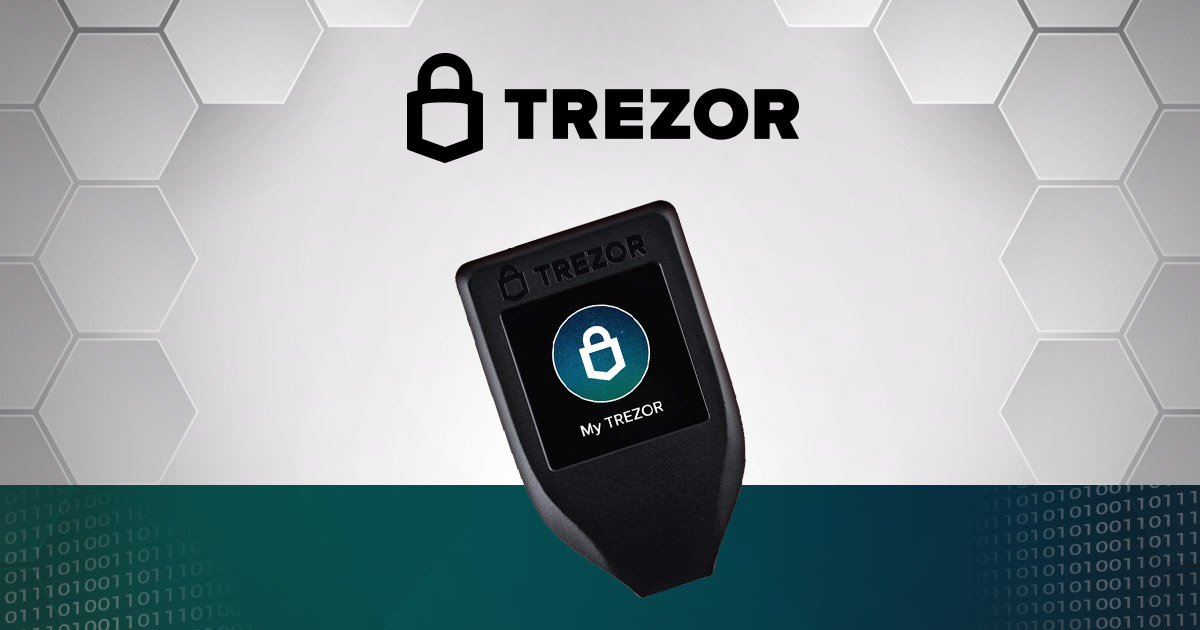 Another admired offline wallet in the crypto community is Trezor’s products—particularly, the Trezor Model T. This hardware wallet is the only Trezor device that accepts both the Ethereum and Omni Layer-based Tether.
Another admired offline wallet in the crypto community is Trezor’s products—particularly, the Trezor Model T. This hardware wallet is the only Trezor device that accepts both the Ethereum and Omni Layer-based Tether.
Compared with the two-buttoned Ledger Nano S, the Trezor Model T features a touchscreen that users will need to move their parts. As part of the device’s security measures, users need to enter their pin in a randomized keypad every time they unlock the Model T. Should unfortunate problems arise, Trezor assures its Tether-holding clients that the company’s support team is more than willing to lend a helping hand.
#6 CODEX USDT Desktop Wallet
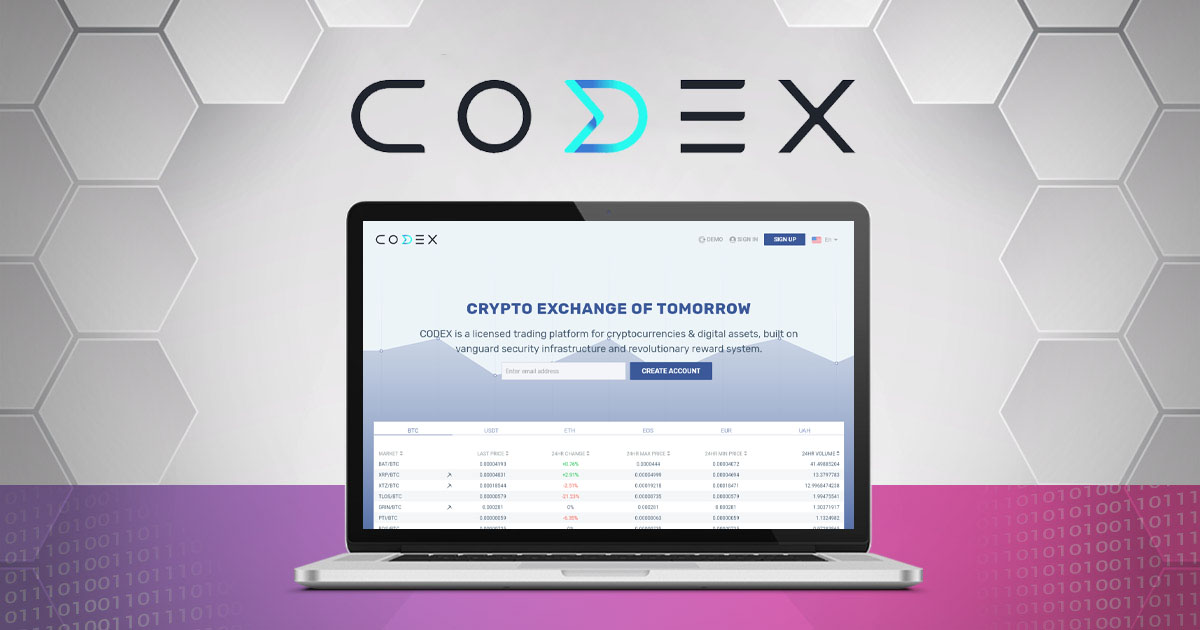
CODEX launched its own USDT desktop wallet in May 2019. This cold wallet is designed for desktop computers running on Linux, but developments on creating versions that will work on Windows and Mac systems are underway.
The CODEX USDT desktop wallet, which is available for download on CODEX’s GitHub page, is exclusively for Omni layer protocol-based USDT currency. Given the wallet’s design, users can safely store their Tether coins in a secure offline wallet.
| Related: Jubiter: A Secure Crypto Wallet for Newcomers in the Scene

